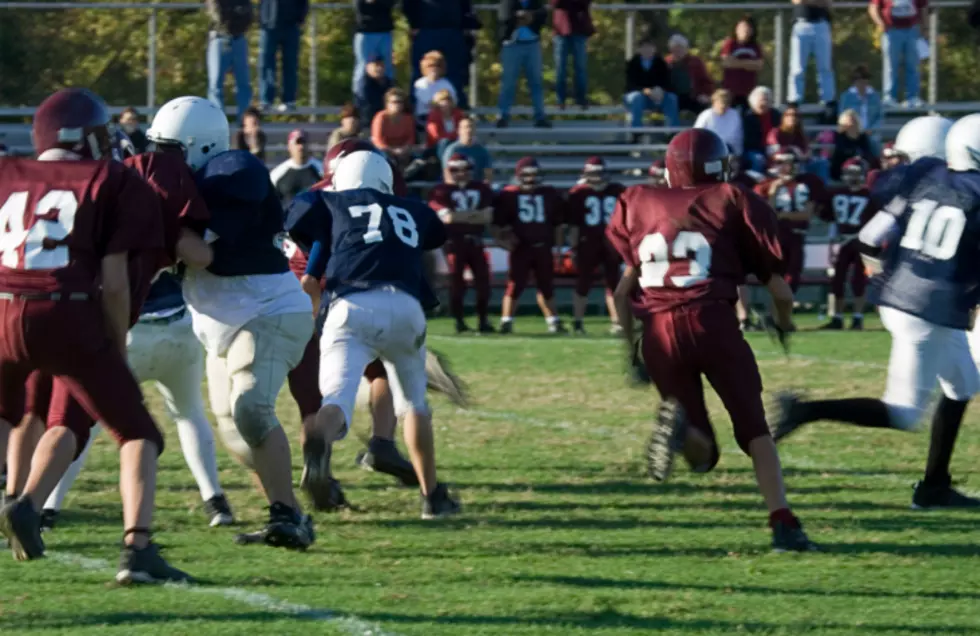
Cardiac arrest among young athletes — What NJ is doing about it
A sudden death, with no warning signs, is hard enough to handle. But the shock and grief reaches new levels when the victim is a child who collapses while doing something he or she loves.
With school back in session, along with the associated athletics, New Jersey experts say proper screening of young athletes' hearts, and the immediate actions of surrounding adults when an emergency occurs, are key to saving a child's life.
Sudden cardiac arrest, the most common cause of death in young athletes, is often the product of undiscovered heart defects or overlooked abnormalities, according to Dr. Robert Tozzi, chief of pediatric cardiology at Hackensack University Medical Center. He also directs the hospital's Gregory M. Hirsch Hypertrophic Cardiomyopathy Center, which focuses solely on the number one cause of these sudden cardiac episodes.
"It's a hereditary disease," Tozzi said of Hypertrophic Cardiomyopathy (HCM). "If an adult has it, half their children have it. So you need to know if you have a family history of it."
According to the center, HCM affects 1 in 500 individuals. But without the right expertise, it's often unrecognized and misdiagnosed.
On Aug. 22, a 14-year-old boy in the Bronx went into cardiac arrest and passed away following a non-contact football practice.
Tozzi has reviewed many sudden-death and close-call cases over the years, and notes the shorter the gap between an athlete collapsing and the use of an automated external defibrillator (AED), the more likely that child will recover.
Since Sept. 1, 2014, all public and private K-12 schools in New Jersey are required to have an AED on site. Janet's Law says the AED must be accessible in an unlocked location with appropriate signage.
"We have several in our building and I also have several portable ones that a coach can sign out and take with them," said Christina Emrich, president of the Athletic Trainers' Society of New Jersey and the certified athletic trainer at Red Bank Regional High School.
In Dec. 2012, the school lost a star basketball player who collapsed during a preseason scrimmage.
"The biggest thing with prevention is making sure you have an emergency action plan in place at your facility, and making sure you're rehearsing for different scenarios that could occur," Emrich added. The emergency action plan is also a requirement of the 2014 law.
Given the right screenings and diagnosis, a child and his family can spot an underlying condition and stay off the court or field in order to avoid a tragedy. But, according to Tozzi, that's not always the case. Even after a cardiac arrest or coma, he's had some kids continue to participate in school athletics.
"I've had families tell me in front of their child that my child would rather die playing baseball than be restricted," Tozzi said. "It's very frustrating, but we have free will."
More from New Jersey 101.5:
Contact reporter Dino Flammia at dino.flammia@townsquaremedia.com.
More From New Jersey 101.5 FM









